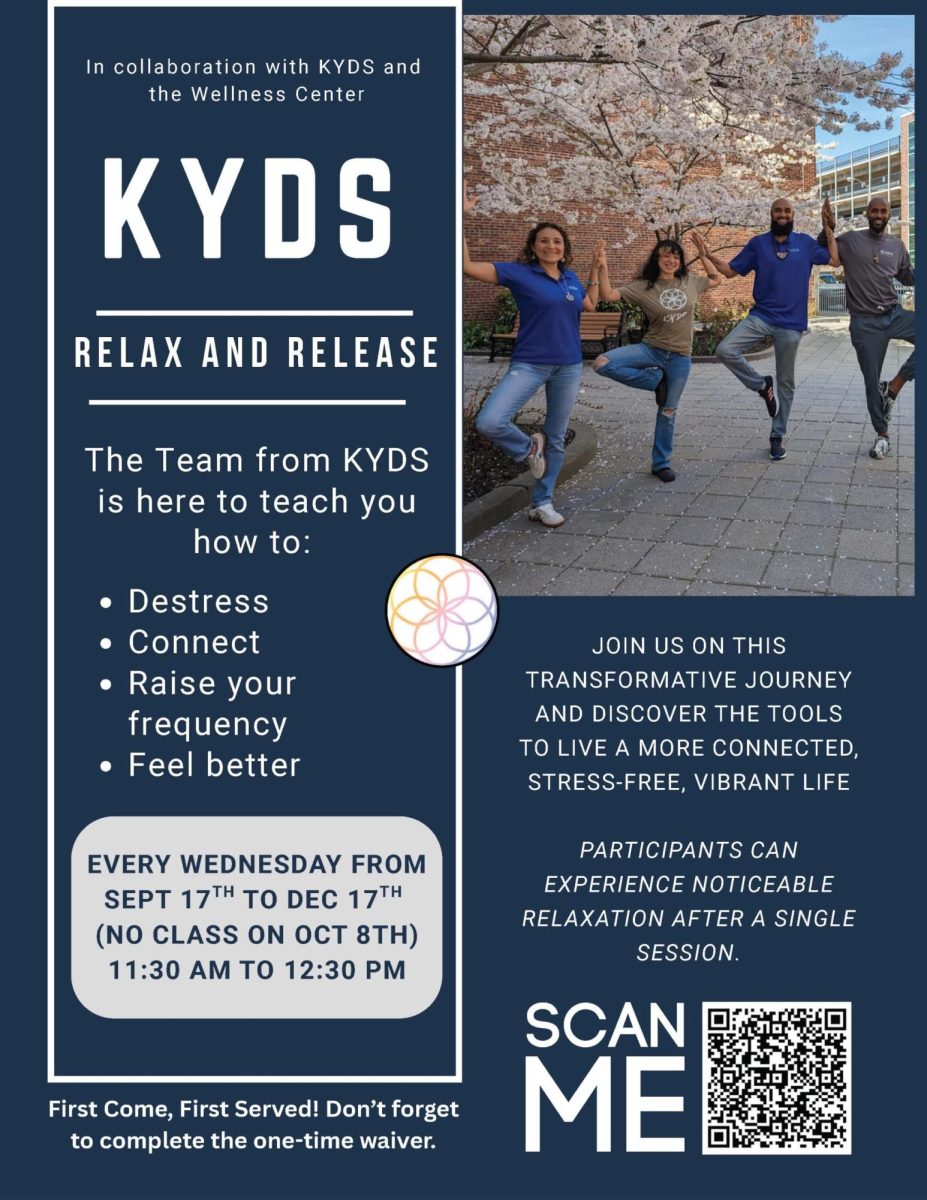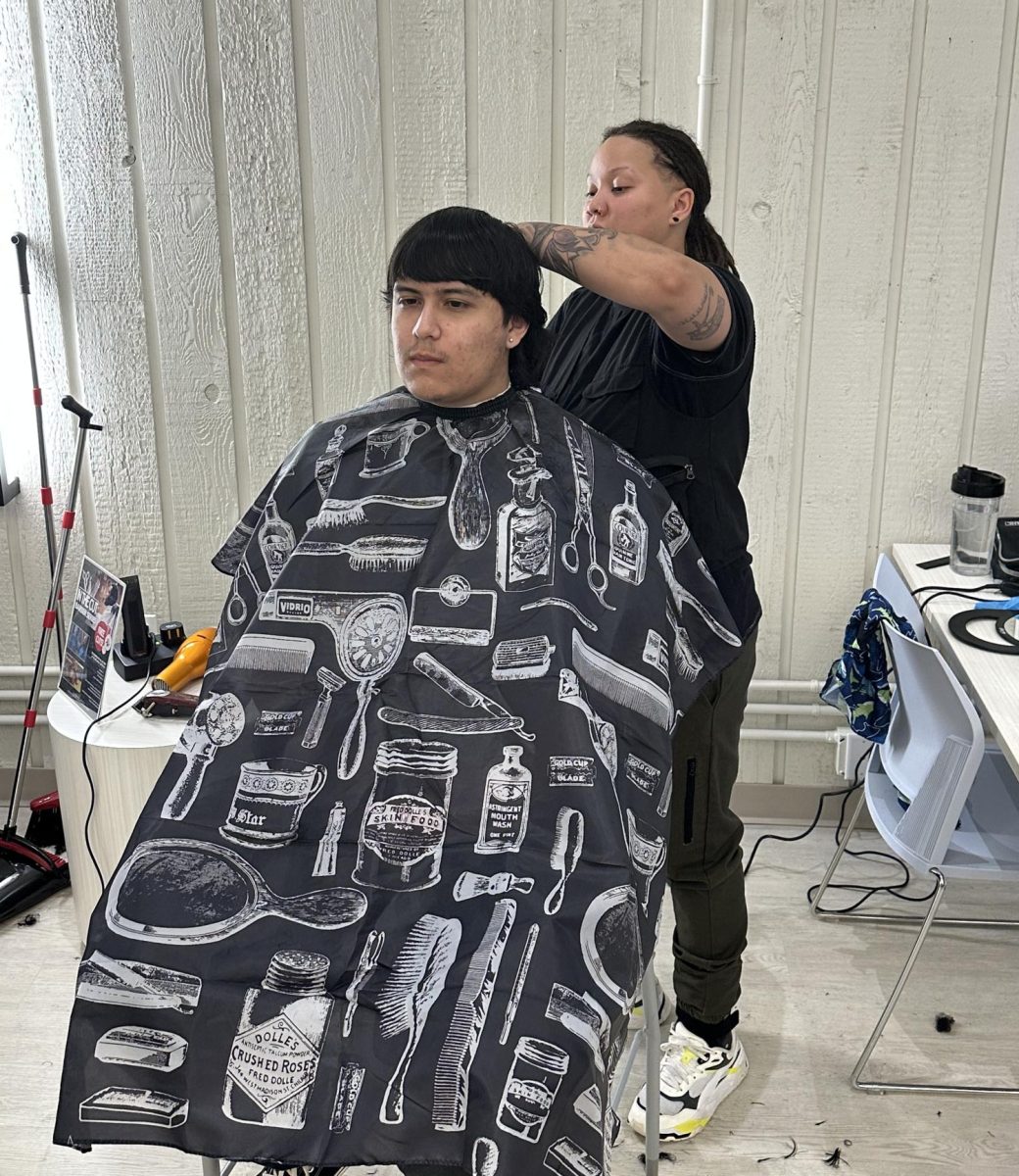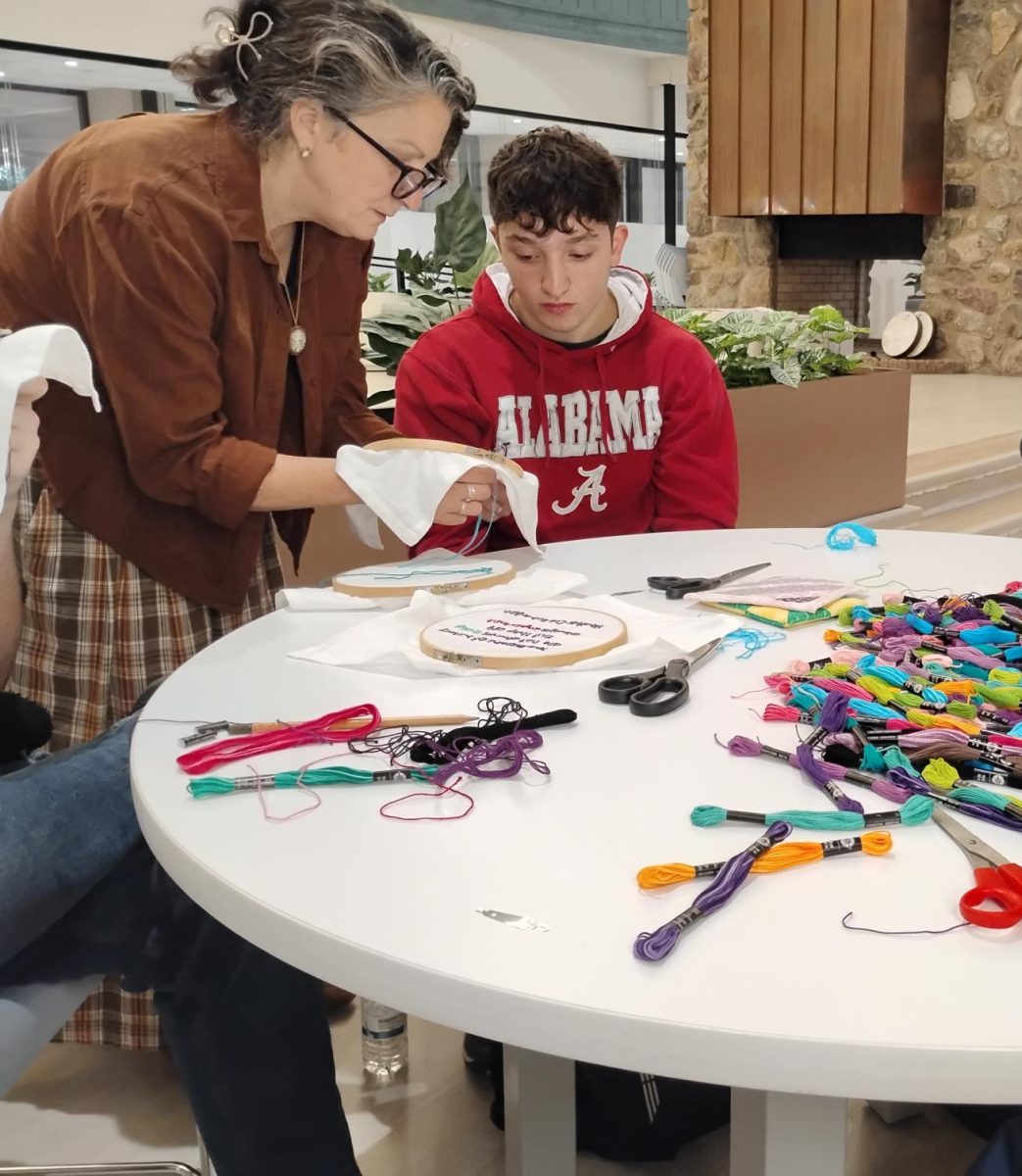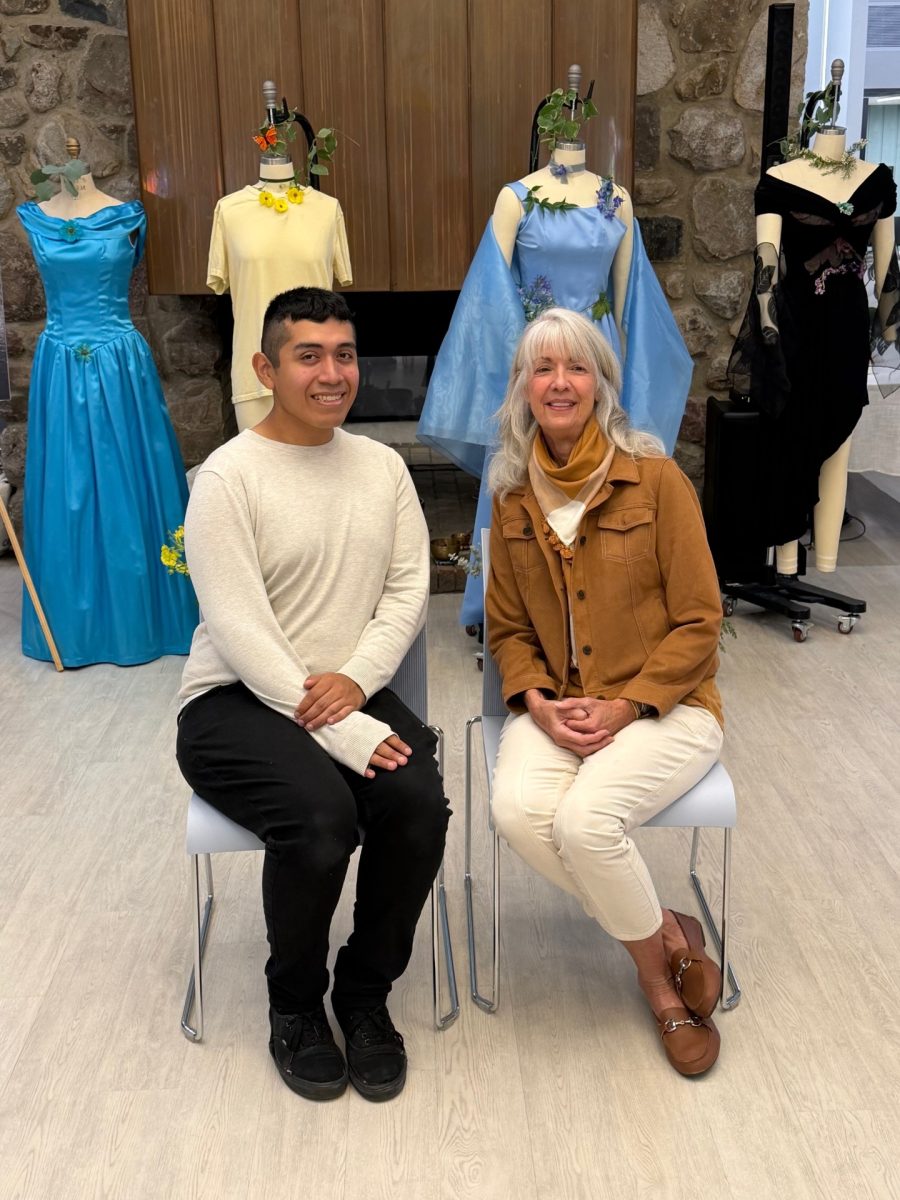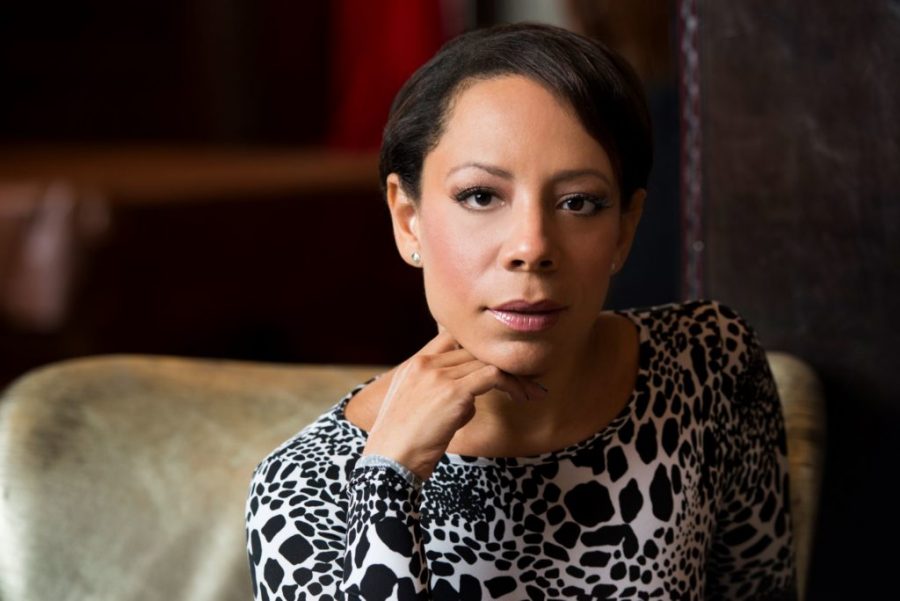Selenis Levya visits Brookdale, inspires students to ‘live their truth’
December 2, 2019
Selenis Levya, star of the Netflix series “Orange is the New Black,” presented her lecture “Untold Stories” in the Performing Arts Center at Lincroft on Nov 6.
Levya’s story begins in Bronx, New York City, where she was born and raised in a Cuban and Dominican household. Levya started feeling passionate toward acting at a young age, as she would spend time watching Spanish soap operas with her parents.
“I fell in love with the idea of being someone else,” Levya said.
Levya said she did not feel represented while growing up in the 70s. Most celebrities at that time, especially ones in the Spanish soap operas, were of a lighter skin tone and did not look like her.
If Levya saw people who looked like her on the big screen, they were playing minor characters, such as the maid. But, Levya wanted to be the star of the show, not just a side character.
Levya told her Brookdale audience about being raised by immigrant parents and her role as a translator between the English and Spanish worlds. She accompanied her parents on many appointments including during parent-teacher conferences. Levya was the eldest of her family and took on the role of a “mini-mom,” something that she regards as very normal for the eldest daughter of an immigrant family.
Levya knew at a young age that she wanted to be an actress, So, when it was time to enroll in high school, she wanted to apply to Laguardia High School because of its renowned program in writing and also because it was featured in the movie “Fame.”
Upon meeting her counselor and hoping for encouragement toward this passion, she was given the advice to study to become a secretary. Feeling discouraged, Levya went home and thought of giving up. Eventually, she realized that this was something she wanted to fight for, so she asked the counselor for the application for Laguardia. After his repeated advising against the move, he finally gave in and told her, “Don’t forget what I said when you don’t get in.”
Levya graduated from Laguardia but described her high school experience as a time of feeling like an alien. She didn’t feel like she belonged because many of her classmates came from higher-income families. Also, in her neighborhood, her friends drifted away claiming she changed. According to Levya, she pushed out the opinions of others during those times and followed her own.
After high school, she joined a Spanish theater house in NYC. However, despite her claims that she could be a great female lead, she was denied the role countless times.
Levya told Brookdale students that they are going to face many obstacles. However, she said she shares her story in hopes that others will understand that it is worth it to have confidence in one’s beliefs.
Throughout her life, Levya said many people have asked her what her backup plan is if acting did not work out. Levya said she never had one because she only saw herself in acting and having a plan B meant that she had the option of giving up on her dream. Though she did not suggest that everyone should feel the need to emulate her thinking, she did encourage the audience to find something within themselves that also sparks a fire to pursue their dreams.
Levya initially did not believe that “Orange is the New Black” would go far. She thought no one would watch a web-series. Also, the casting for the show came during a time where she had her mind set on quitting acting.
She auditioned for the role of Aleida and was not chosen. However, the show reached out to her and asked her if she was interested in being the character Gloria. Gloria is a Puerto Rican inmate on the show; she was meant to only be on the show for a short period of time but stayed until the series finale because of the positive feedback.
“Gloria was my homage to the women I saw while growing up,” Levya said.
After working on “Orange Is the New Black,” Levya became more involved in her activism toward the LGBTQ community. She is now working on a book that she is writing with her transgender sister about the process of transitioning to “help loved ones understand through the person’s transitioning.”
“I must use my platform to help those that do not have a voice,” Levya said. “It is my responsibility to find something I’m passionate about and give those people the platform to be heard.”
Levya concluded her talk with time for the audience to ask questions or make comments. Some of what the students spoke of were the struggles they have in finding themselves in their major, living with immigrant parents and what they can do to ensure acceptance in the world toward all people.















